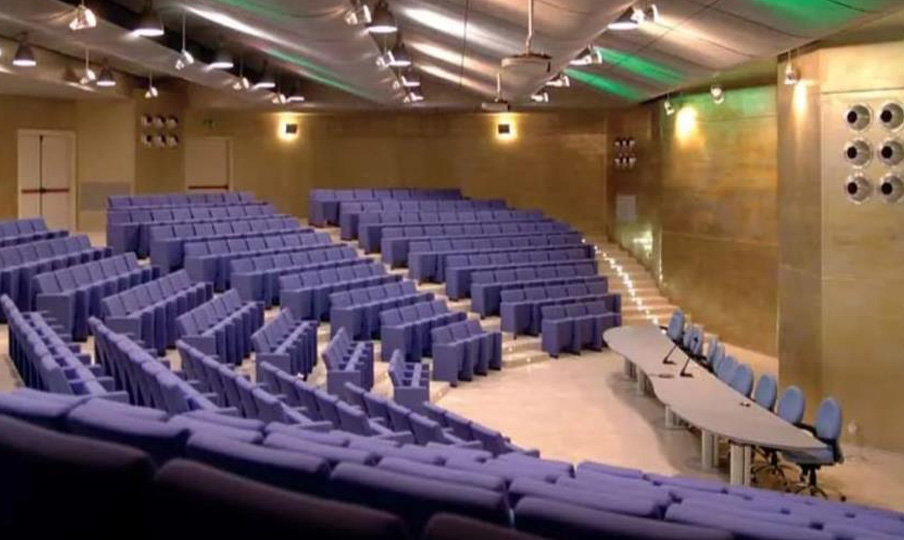The University of Cagliari: A Beacon of Learning and Healthcare in the Heart of Sardini
Nestled in the vibrant city of Cagliari, the capital of Sardinia, Italy, the University of Cagliari (Università degli Studi di Cagliari or UNICA) stands as a testament to centuries of academic excellence and innovation. With a rich history dating back to 1606, UNICA has consistently contributed to the intellectual and cultural landscape of the region and beyond.



